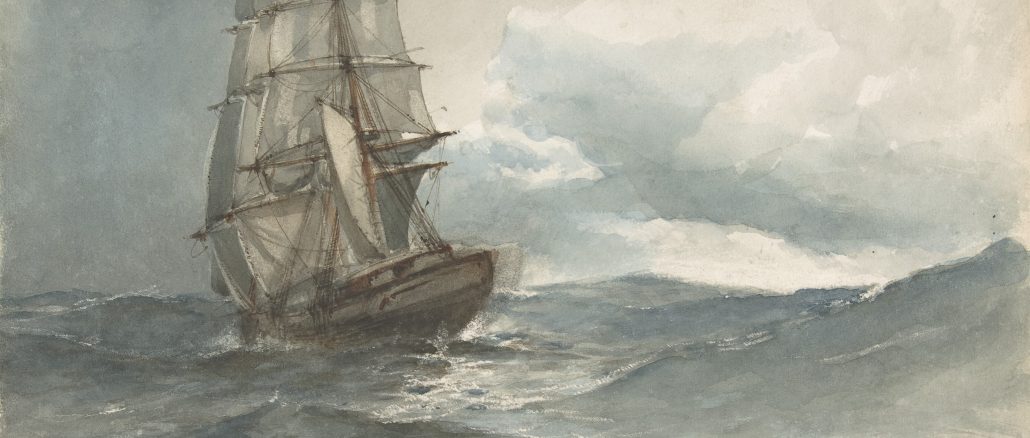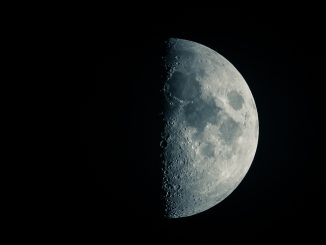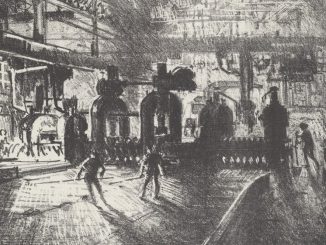
A poetic language emerges out of the experience of radically unfamiliar things. These poems capture the first voyage to a new world and reflect aspects of the traveler’s personality, his obsessiveness, and his devoutness and grandiosity.
The Shape of the Earth
I have always read that the world
comprising land and water
was spherical, testified by Ptolemy
and others who have proved it:
by eclipses of the moon,
observations made east to west,
as well the elevation of the pole
from north to south.
But I have seen so much irregularity
respecting the earth, that it is of the form
of a pear, round except where the stalk grows,
at which part it is most prominent
or like a round ball, upon one part of which
is a prominence like a woman’s nipple,
this protrusion being highest nearest
the sky, situated under the equinoctial line
and at the eastern extremity of this sea—
I call that where the land and islands end.
* * *
Pine Groves
When the ships’ boys shouted they saw pine groves,
I looked up from shining stones, toward mountains,
where I saw from their height and straightness, like
spindles, thick and thin, the ships that could be made,
vast quantities of planking and masts for the greatest
ships of Spain. I saw oak and arbutus, a river to make
water-powered sawmills, because as many ships
as might be wanted could be made bringing out
equipment except for wood and pitch, of which
a great plenty could be made. It pleases Our Lord
always to show me one thing better than the other,
in lands and groves and plants and fruits and flowers
as in people. And when to him who sees it it is so
admirable, how much more so will it be to him who
hears about it, and no one will be able to believe it
if he does not see it.
* * *
Rivers
At the foot of that Cabo de Campana,
an admirable harbor and a big river;
and a quarter of a league away, another
river; and from there a half league, another
river; and beyond, at another half league, another
river; and beyond, a league further, another
river; and another league beyond that, another
river; and after another quarter league, another
river; and another league beyond that, another big
river—coming thus along the coast, a great
settlement to the southeast of the last
river, men coming to the seashore shouting,
all naked, javelins in their hands.
I hauled down the sails, and anchored.
* * *
Manatees
I saw three sirens
come up high out of the sea
they have a face like a man
in some ways
they are not as beautiful
as they are painted.
* * *
Signs of Land
Sea water that is less salty, smooth as a river.
A tropic bird, white, which does not sleep at sea.
Softer breezes, rolling signs
from God’s west, God whose hands hold victory.
A dolphin, which the men of the Nina kill.
A crab, which I keep as we move forward.
Sweeter breezes, rolling signs
from God’s west, God whose hands hold land.
A booby comes to the ship, then a tern, a dove,
a river bird in thick green weed.
But when the sea rose high with no wind, the men
looked to me astonished:
Such a sign had not occurred since Moses.
 DAVID CAPPS is a philosophy professor at Quinnipiac University. His poems have been featured in All the Sins, Long River Review, Mantra Review, and Peacock Journal. He lives in New Haven, CT, with a luxurious Maine Coon named Purrbasket.
DAVID CAPPS is a philosophy professor at Quinnipiac University. His poems have been featured in All the Sins, Long River Review, Mantra Review, and Peacock Journal. He lives in New Haven, CT, with a luxurious Maine Coon named Purrbasket.
https://quinnipiac.academia.edu/DavidCapps
Featured image: Albert Ernest Markes, “Ship at Sea,” watercolor, late 19th century, bequest of Susan Dwight Bliss, 1966, The Metropolitan Museum of Art.


